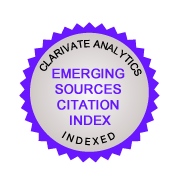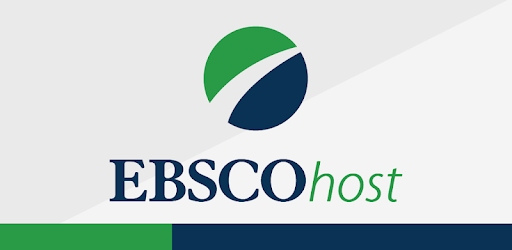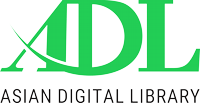Science Epistemological Beliefs of Form Four Students and Their Science Achievement Using Web-Based Learning
Abstract
Epistemological beliefs affect student motivation and learning. They have been found to play a significant role in the acquisition of the capacity to control and direct one’s cognitive processing (Lindner, 1993). In particular, science epistemological belief is considered an important factor in science achievement and positive science attitudes among students (Cobern, 1991). Based on the premise above, the purpose of this study was (1) to examine the science epistemological beliefs of Form Four students in Malaysia, and (2) to find out if there was a significant difference in the science achievement of students with high science epistemological beliefs and those with low belief when learning science using different Web-based modules. The sample comprised 169 students from ten schools in the state of Perak. The instrument used in this study was the “Nature of Scientific Knowledge Scale†developed by Rubba (1977). Six factors of the science epistemological beliefs, that is amoral, creative, developmental, parsimonious, testable and unified, were analysed using descriptive statistics. Results showed that the highest ranked factor was testable, followed by unified, creative, developmental and amoral. The lowest ranked factor was parsimonious. Analysis of t-tests for independent means showed that the science achievement of students with high science epistemological beliefs who followed the constructivist approach was significantly higher than those who followed the direct instruction approach. However, there was no significant difference between the science achievement of students with low science epistemological beliefs who followed the constructivist approach and those who followed the direct instruction approach. 2-way ANOVA analysis showed that the interaction effect between type of approach for web-based learning and science epistemological beliefs was significant, suggesting that the effect of the type of web-based learning approach is dependent on the science epistemological beliefs held by the students.
Additional Files
Published
30-01-2006
How to Cite
Kim, T. L. S. (2006). Science Epistemological Beliefs of Form Four Students and Their Science Achievement Using Web-Based Learning. Malaysian Journal of Learning and Instruction, 3, 33–52. Retrieved from https://e-journal.uum.edu.my/index.php/mjli/article/view/7582
Issue
Section
Articles
























